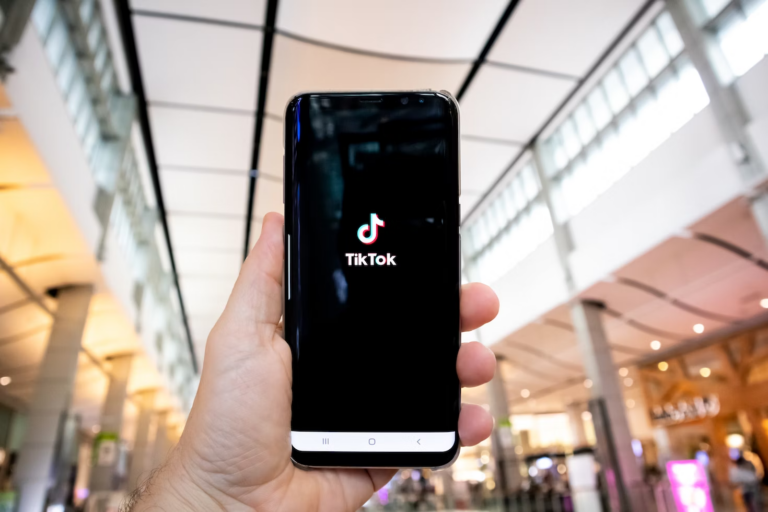Navigating the Digital Age: Best Practices for Conducting Background Checks in the Tech Industry

In today’s fast-paced and ever-evolving tech industry, conducting thorough background checks is more important than ever. With the rise of remote work and the increasing reliance on digital platforms, employers must take proactive measures to hire qualified and trustworthy individuals. IT recruiters play a crucial role in this process, acting as intermediaries who not only source candidates with the technical skills and experience necessary for success in their roles but also ensure that these individuals meet the company’s standards for integrity and reliability.
Understanding the Importance of Background Checks
In a competitive job market where skilled tech professionals are in high demand, the importance of conducting background checks cannot be overstated. Background checks help employers verify the credentials and qualifications of job candidates, ensuring they have the skills and experience necessary to succeed in their roles.
Furthermore, background checks can uncover red flags, such as criminal convictions or discrepancies in employment history, that may indicate a lack of integrity or reliability. By conducting thorough background checks, employers can mitigate the risk of hiring individuals who may threaten their organization’s reputation or security.
Best Practices for Conducting Background Checks
When conducting background checks in the tech industry, there are several best practices employers should follow to ensure they are thorough and compliant with relevant laws and regulations. First and foremost, employers should establish clear and consistent policies for conducting background checks and ensure they are applied uniformly to all job candidates.
It’s also essential for employers to obtain written consent from job candidates before conducting a background check and to inform them of their rights under applicable laws, such as the Fair Credit Reporting Act (FCRA). Additionally, employers should work with reputable background screening companies that adhere to strict data privacy and security standards.
In terms of the types of checks to conduct, employers should consider conducting criminal background checks, employment verification, education verification, and reference checks. Depending on the nature of the role and the company’s industry, additional checks such as credit checks or drug screenings may also be appropriate.
Leveraging Technology for Efficient Background Checks
In the digital age, technology has made it easier than ever for employers to conduct background checks quickly and efficiently. Many background screening companies offer online platforms that allow employers to request and receive background check reports electronically, streamlining the process and reducing the time it takes to make hiring decisions.
Furthermore, advances in artificial intelligence and machine learning have enabled companies to automate certain aspects of the background check process, such as verifying employment history or identifying discrepancies in resumes. By leveraging technology, employers can conduct more thorough and accurate background checks while minimizing the administrative burden on their HR teams.
In conclusion, conducting thorough background checks is essential for employers in the tech industry to ensure they are hiring qualified and trustworthy individuals. By following best practices, leveraging technology, and working with reputable screening companies, employers can confidently navigate the digital age and make informed hiring decisions that benefit their organization in the long run.
Incorporating Diversity and Inclusion Considerations
In today’s diverse and multicultural society, promoting diversity and inclusion in the workplace is essential for fostering innovation, creativity, and collaboration. Employers should consider how their hiring practices may impact diversity and inclusion efforts when conducting background checks in the tech industry. For example, unconscious bias in the background check process could inadvertently exclude qualified candidates from underrepresented groups.
To mitigate this risk, employers should implement strategies to promote diversity and inclusion throughout the hiring process, including background checks.
This may involve training HR staff on unconscious bias awareness, using diverse interview panels to evaluate candidates, and implementing blind screening processes that remove identifying information from resumes or background check reports. By incorporating diversity and inclusion considerations into the background check process, employers can build a more inclusive workplace culture and attract a broader range of talent to their organizations.
Addressing Emerging Challenges in Remote Work Environments
With the rise of remote work in the tech industry, employers face new challenges when conducting background checks for virtual positions.
Remote work environments present unique risks, such as the potential for data breaches, cyberattacks, and employee misconduct. When conducting background checks for remote positions, employers should take additional precautions to hire trustworthy individuals who can work effectively and securely from a distance.
This may involve conducting more extensive background checks to verify candidates’ remote work experience, technical skills, and ability to adapt to virtual collaboration tools. To know more about this service, look into the following article.
Employers should also consider implementing robust cybersecurity measures to protect sensitive data and mitigate the risk of remote work-related security breaches. By addressing emerging challenges in remote work environments, employers can ensure they are hiring qualified candidates who can thrive in the evolving digital landscape.





